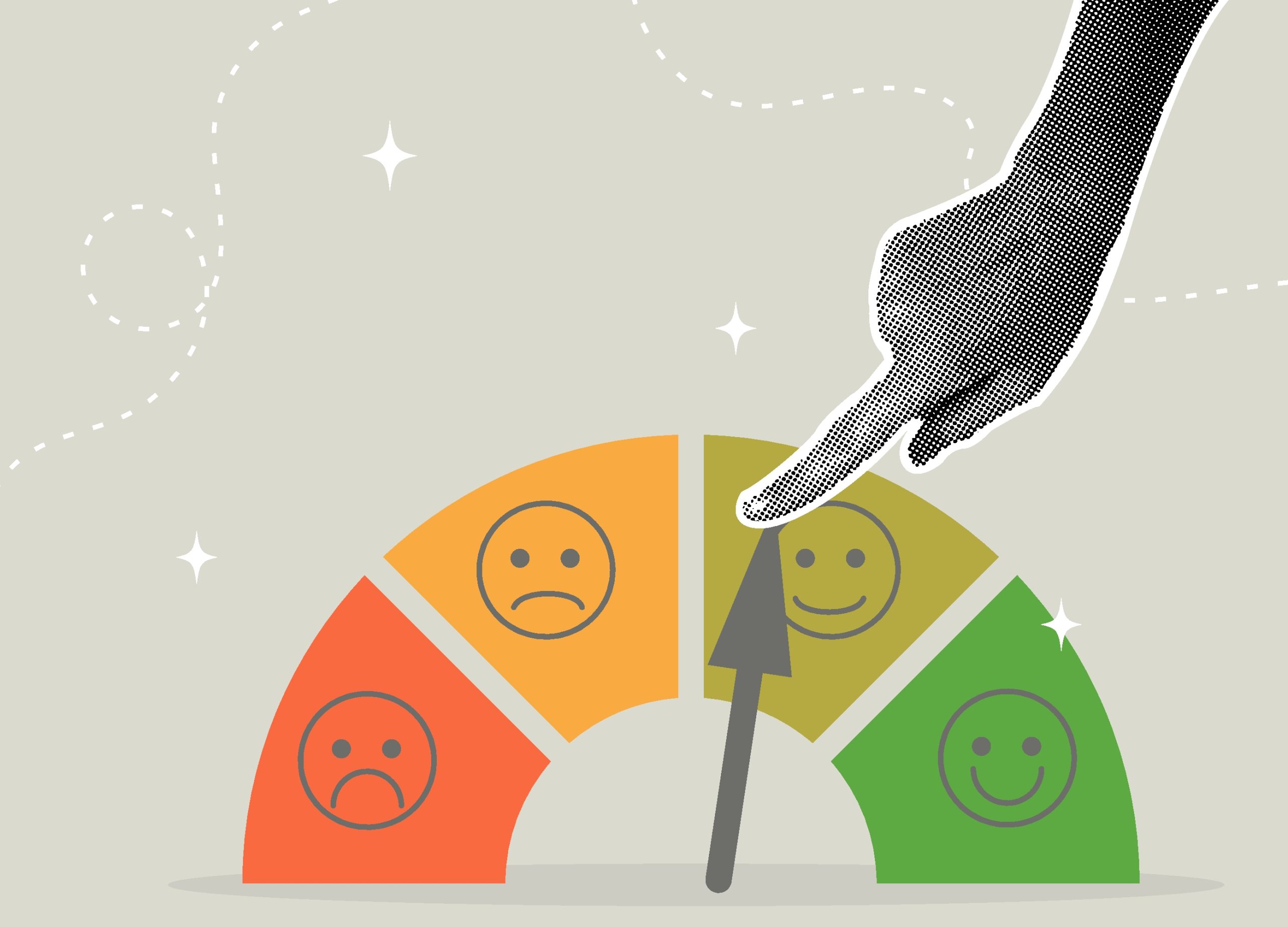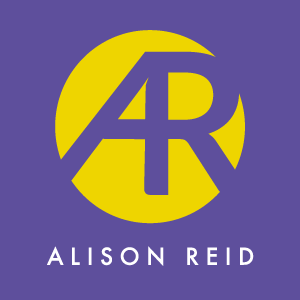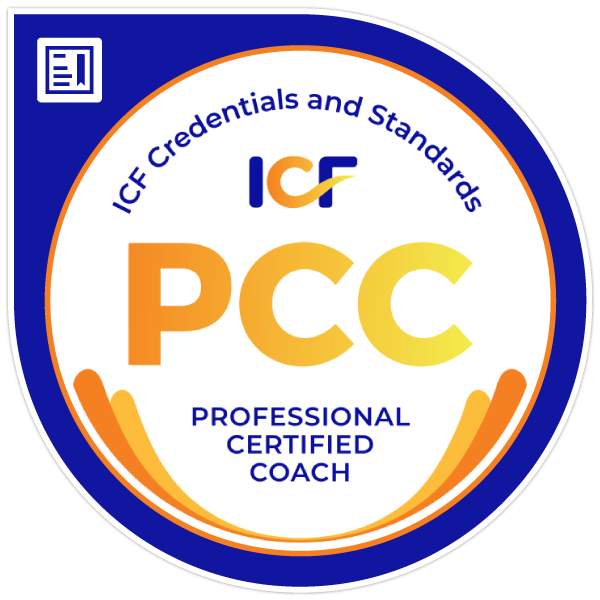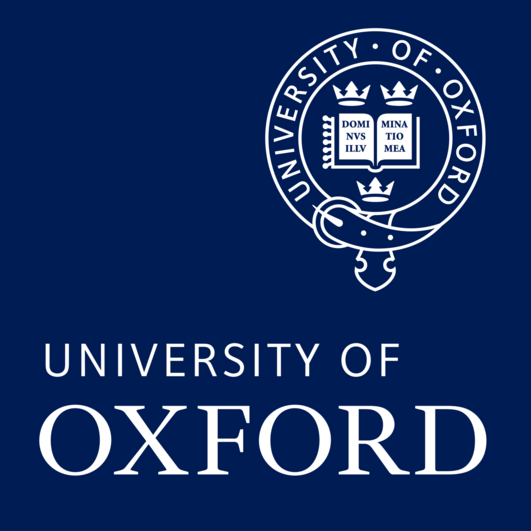Enough is enough
The results of my latest experiment – letting go of overpreparing – are in.
I ran an uncharacteristically no-frills webinar : no slides, less preparation time, just me and two pages of notes (instead of ten).
I felt uncomfortable in the lead-up. I wanted to do more – to perfect more – to feel safe. (Yes, even though it was a free webinar.)
But in the event, I found I could trust myself to say what I needed with fewer notes. There was more than enough content, especially alongside engaging with participants in the chat.
It wasn’t perfect. But participants said they found it helpful and enjoyable. And the most important feedback for me : They said it was enough.
The cost of worry
Overpreparing is about investing more time and energy than the occasion merits.
Maybe you’re a senior manager trying to prepare for every possible scenario in an important meeting.
Or a Director preparing a presentation and rehearsing answers for questions that may never come.
Or a Partner editing a report to perfection because it has your name on it.
We overprepare because we worry we’ll be found wanting. We’re trying to avoid being judged, criticised or caught out.
Our brain still fears we’ll get thrown out of the *tribe* (replace with whatever organisation you work for), with the threat of being eaten by wild animals. Which, of course, is a far cry from the level of risk we face in the modern-day workplace.
The cost? Working way more hours than we need to, diverting time and energy from other priorities, chronic worry, and less time for life.
Enough is enough
This well-known phrase has been on my mind lately. It’s often used in the context of a situation or behaviour we’re no longer prepared to tolerate.
But thinking about it, it does what it says on the tin : “enough” means sufficient, adequate. Doing what is sufficient for the situation you’re facing is enough.
And that’s going to depend on the context, the audience, the objective.
Here are three questions that you can ask yourself to help you embrace enough :
1. What’s your purpose?
Are you clear on what this meeting/presentation/report is really for? We often get caught up in what we think people expect, rather than focusing on what’s actually needed.
If you’re not sure, what would help you get clarity? A conversation with a stakeholder? More thinking time?
2. What is enough?
Perfectionism is a strategy to avoid judgement – and seek validation.
But as Brene Brown says : “Perfectionism is a twenty-ton shield we lug around thinking it will protect us when, in fact, it’s the thing that’s really preventing us from taking flight.”
Ask yourself : What’s *sufficient* here? What will get the job done without overwork?
3. How can you prioritise connection over content?
In most cases, people want to be engaged with more than impressed. They want to be heard and to help shape your idea.
So often we think of questions as critique. But what if you were to reframe them as a sign of engagement?
Trust yourself
Above all : trust yourself. Trust everything you are, everything you know, will be enough for the moment you’re preparing for.
Focus on what *you* think is important instead of dwelling on what others might be thinking.
The world needs more leaders who think for themselves, who choose purpose over protection, and progress over perfection. This is hard, and it’s work in progress for me too.
As John A Shedd, American author and professor, said : “A ship in harbour is safe, but that is not what ships are built for.”
I’m Alison Reid, an Executive Coach specialising in helping newly promoted leaders feel calm, confident and equipped to lead with impact. I’m also the author of Unleash Your Leadership : How to Worry Less and Achieve More. Download your complimentary copy.
Sign up to my mailing list to receive blogs like these direct to your inbox.





